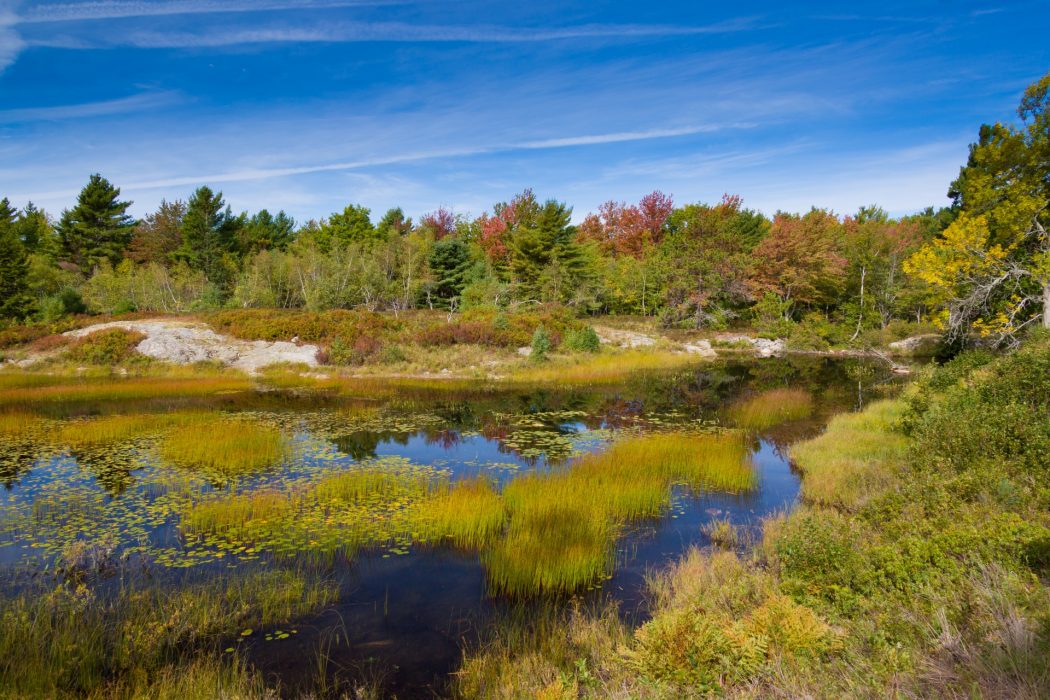In July, a group of citizens including environmentalists and Indigenous land defenders gathered at the Parker Wetlands in Winnipeg, Manitoba in an attempt to block mulching equipment that sought to clearcut the forest. Gem Equities, the developer behind the clearing project, has brought forward a lawsuit of over $500,000 against the protesters in an attempt to force them out.
In addition to it being potentially Native land, the wetland provides a home to thousands of animals who have been displaced in modern history. The wetlands are home to over 150 species of plants, including a rare and endangered species of orchid. It is also suspected that the wetlands act as a barrier for surface runoff and prevent flooding and erosion of nearby areas.
The lawyer representing one of the landowners stated that “the people who are trespassing should be removed and [they’re] asking the court to remove them because they refuse to leave the land voluntarily.” They claim that there is no proof of land ownership by First Nations people and feel that this is merely a fabrication created to postpone the project.
According to protester Melissa Ray, the land “is disputed Metis land, this is Native land, this is not to be messed with.” This sentiment was of little consideration to the developers who have launched a lawsuit against the activists for alleged destruction of property.
Winnipeg Mayor Brian Bowman sided with the developers, agreeing that the land is private and therefore Gem Equities has the right to clearcut the forest. The protesters have respectfully evacuated the land and since then, the destruction has begun. Despite this, the protesters have not conceded and have drafted several letters to politicians and petitions to further their cause.
The majority of Canadians today are settlers that reside on land that once belonged to Indigenous people. While there is no definitive proof as to whether or not this particular land is in fact Native, many people are upset about the lack of consultation with Indigenous Communities. To many citizens, it seems like a familiar narrative that leaves Indigenous people without a voice, suffering at the hands of those in power.
According to local Jenna Vandal, “Rooster Town, a Métis settlement destroyed in 1960, was situated right next to the Parker wetlands…structures, arrowheads and bison-skinning tools have been found in this urban forest.” Whether or not this can be considered compelling evidence, the developer’s apathy for the issue feels criminal to the protesters.
The hope of the protesters now is to spread the word about the issue, to put pressure on the developers to withdraw the lawsuit, and end the destruction of the land. They are raising money and reaching out to people on both Facebook and Twitter to inform them about this troubling situation.



